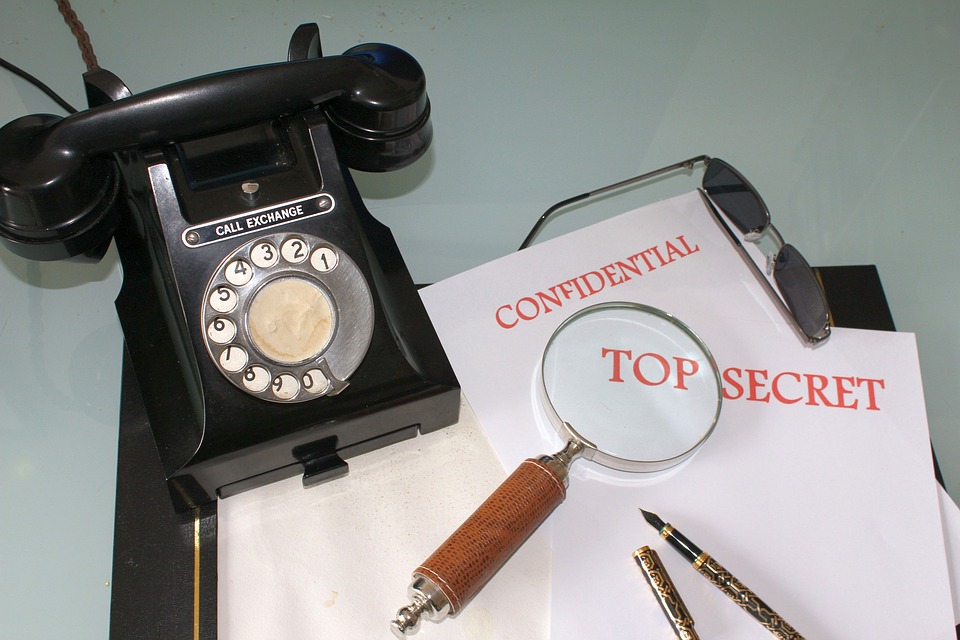The Delaware Supreme Court in a recent ruling clarified that there is no presumption of confidentiality for documents turned over in response to a stockholder’s records request.
The court, in a ruling earlier this month, said that although Delaware courts may condition inspection of a corporation’s books and records on the entry of a reasonable confidentiality order, these inspections are not presumptively confidential.
Decision
Under Section 220 of the Delaware General Corporation Law, stockholders can request to inspect a corporation’s books and records for a proper purpose, such as to investigate whether there has been mismanagement. It is not uncommon for companies to attempt to condition inspection on the stockholder entering into a confidentiality agreement.
The current case involved Boast Apparel, a brand created in the 1970’s by tennis player Bill St. John. The apparel brand was revived in 2010 after previously being retired. The plaintiff in the case, investor Alex Tiger, sent a Section 220 demand to Boast, which offered to let Tiger review the requested documents but asked that he sign a confidentiality agreement.
The records dispute landed in Delaware Chancery Court, where a judge ordered an indefinite confidentiality period lasting until Tiger filed a lawsuit based on information learned through his inspection, at which point confidentiality would be controlled by the applicable court rules.
Ruling Aug. 7, the Delaware Supreme Court clarified that there is no presumption of confidentiality in Section 220 productions. While the Chancery Court has the power to impose reasonable confidentiality restrictions, it “must assess and compare benefits and harms when determining the initial degree and duration of confidentiality.” Further addressing the duration of confidentiality restrictions, the Supreme Court said an indefinite period of confidentiality may be reasonable in a given case. But the court said indefinite confidentiality should be the exception, not the rule.
Nonetheless, the Supreme Court affirmed the Court of Chancery’s confidentiality order in this case, finding the order was reasonable under the circumstances. Among other things, it was noted that the order allows Tiger to share the documents with his accountants and tax preparers (subject to their agreeing to maintain confidentiality) so that he can value his shares. “Under our deferential standard of review, the Court of Chancery’s decision does not warrant reversal.”





